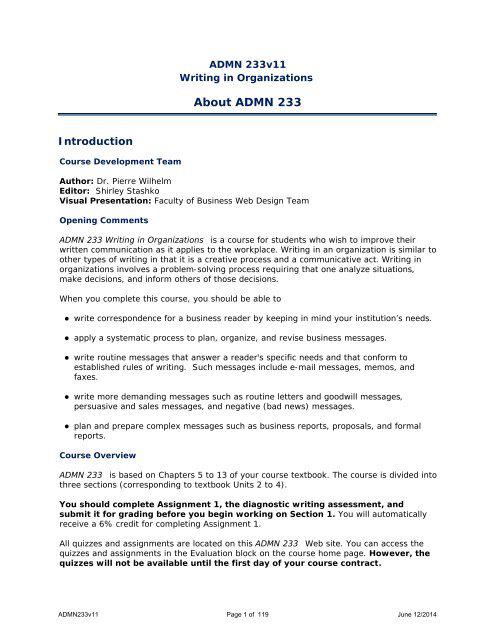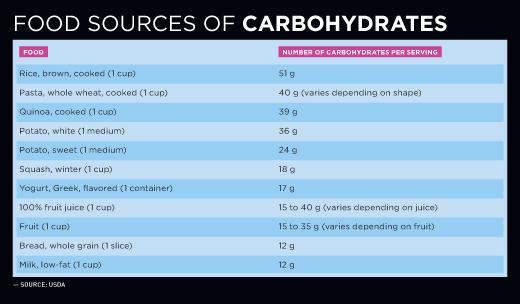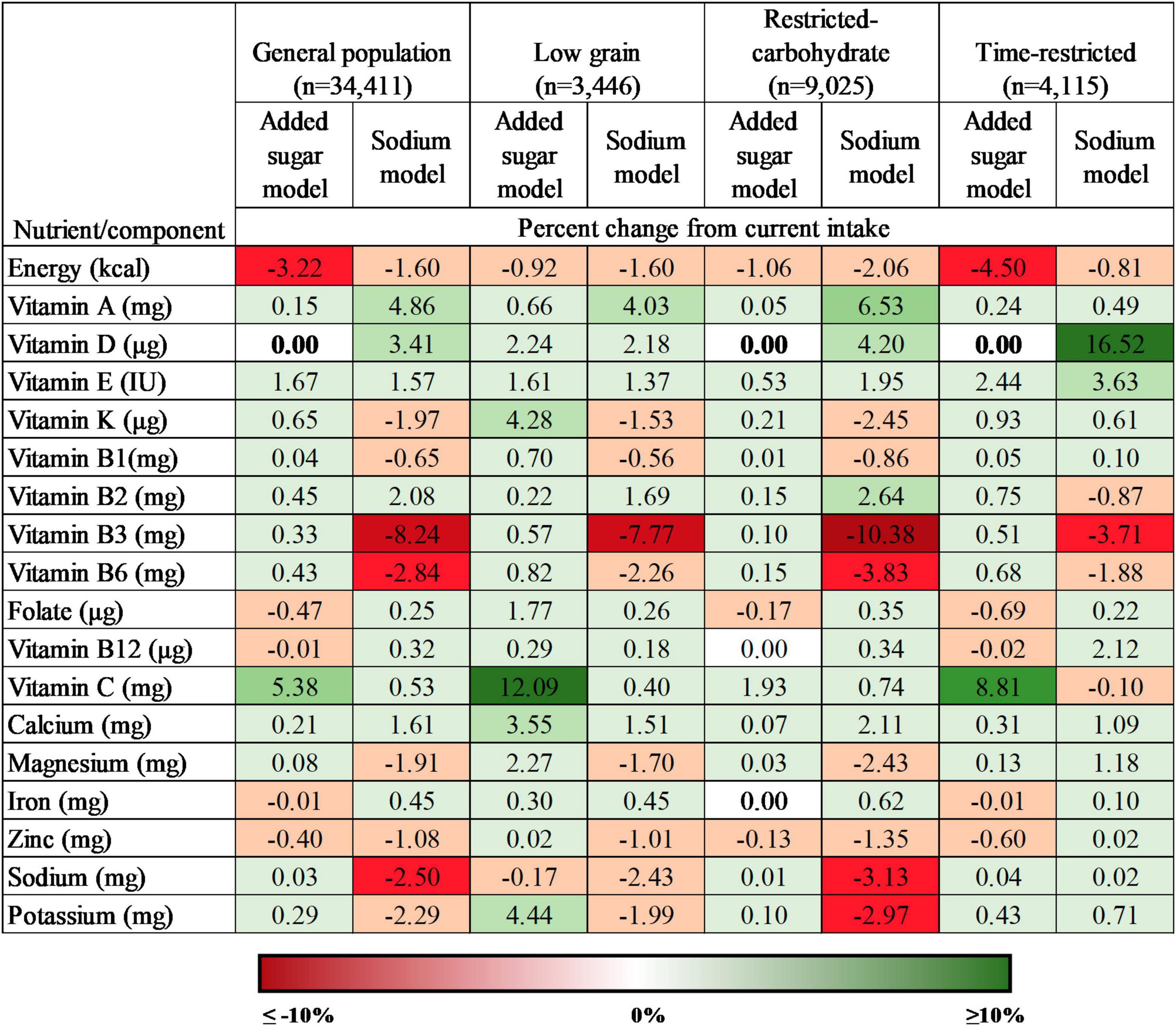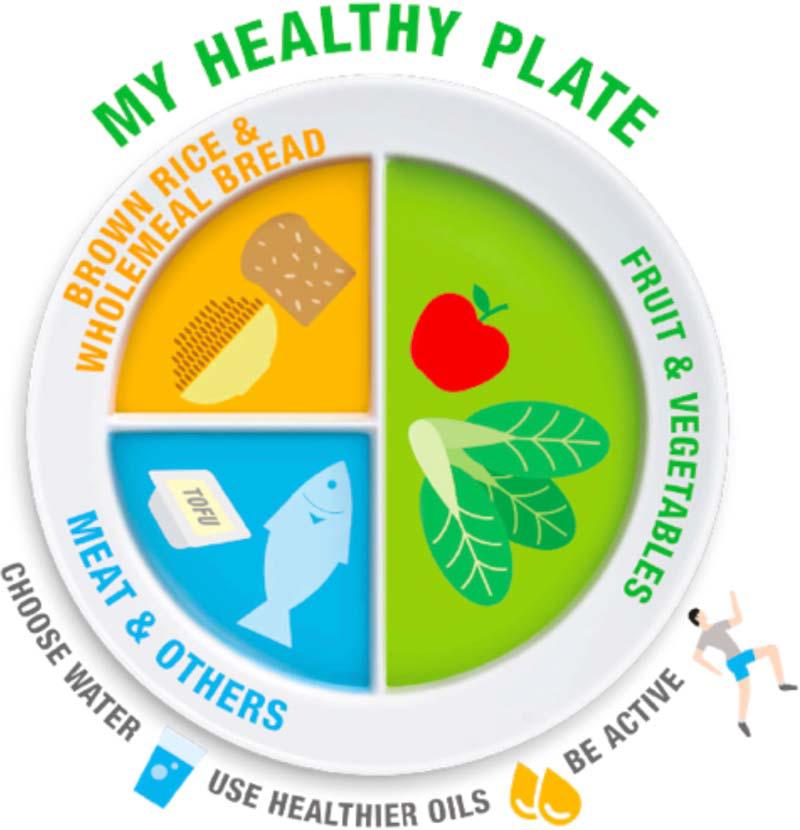Navigating the complexities of competitive golf necessitates a multifaceted approach that encompasses both technical prowess and a deep understanding of nutritional science. Emerging golfers, eager to refine their skills and attain peak performance, must recognize the profound impact nutrition exerts on their physical and mental capabilities. This academic article examines the strategies employed by seasoned golfers in their quest for optimized performance through dietary interventions. Drawing upon expert insights and scientific evidence, the article underscores the importance of macronutrient balance, hydration, and strategic supplementation in fueling athletic prowess and enhancing recovery. Furthermore, it explores the psychological implications of nutrition and the role it plays in mental focus and resilience on the greens. By embracing these dietary strategies, emerging golfers can enhance their overall performance and establish themselves as formidable competitors in the world of professional golf.
– Nutritional Foundation for Golfing Success: A Holistic Approach to Diet
Nutritional Foundation for Golfing Success: A Holistic Approach to Diet
Nourishment plays a pivotal role in the success of aspiring golfers. To unlock their full potential, young athletes must adopt a strategic dietary plan that caters to the unique physical and mental demands of the sport. A carefully crafted diet not only fuels their bodies but also enhances their focus, endurance, and recovery.
Dietary considerations for emerging golfers revolve around:
- Adequate Calorie Intake: Golf is an energy-intensive sport, requiring significant calorie consumption to sustain performance. A balanced diet rich in complex carbohydrates, lean proteins, and healthy fats provides the fuel needed for extended periods of play.
- Optimal Hydration: Maintaining proper hydration levels is crucial for cognitive function, physical endurance, and thermoregulation on the course. Water should be the primary beverage of choice, supplemented by sports drinks when necessary.
- Nutrient-Dense Foods: High-quality fruits, vegetables, whole grains, and lean protein sources provide essential vitamins, minerals, antioxidants, and phytochemicals that support overall well-being and optimize performance.
Beyond basic dietary needs, young golfers should focus on specific nutrients:
- Carbohydrates: The primary source of energy for the body during golf. Complex carbohydrates, such as brown rice, quinoa, and oatmeal, provide sustained release of glucose for prolonged performance.
- Protein: Essential for muscle growth, repair, and recovery. Lean protein sources, such as fish, chicken, and beans, should be consumed regularly to support training and prevent fatigue.
- Electrolytes: Minerals, such as sodium, potassium, and calcium, play a vital role in hydration and muscle function. Electrolyte-rich foods, such as bananas, oranges, and coconut water, can help prevent cramping and dehydration.
– Fueling Performance: Macronutrient Requirements for Emerging Golfers
## Fueling Performance: Macronutrient Requirements for Emerging Golfers
Young golfers in their formative years have unique nutritional needs to support their growth, development, and athletic performance. Macronutrients, namely carbohydrates, protein, and fat, play crucial roles in fueling their bodies and optimizing their performance on the course.
Carbohydrates
Carbohydrates are the primary energy source for golfers, providing the fuel for their muscles during intense swings and long rounds. Complex carbohydrates, such as whole grains, fruits, and vegetables, release energy gradually, sustaining performance levels throughout the day.
| Food Sources of Complex Carbohydrates: |
|—|—|—|
| Brown rice | Oatmeal | Quinoa |
| Sweet potatoes | Bananas | Apples |
Protein
Protein is essential for building and repairing muscle tissue, which is crucial for golf-specific movements. Lean protein sources, such as poultry, fish, and beans, provide amino acids that support muscle recovery and growth.
| Food Sources of Lean Protein: |
|—|—|—|
| Grilled chicken breast | Salmon | Tofu |
| Lentils | Beans | Greek yogurt |
Fats
Healthy fats, such as those found in nuts, seeds, and avocados, provide sustained energy and support hormone production. They also help in the absorption of fat-soluble vitamins and minerals.
| Food Sources of Healthy Fats: |
|—|—|—|
| Almonds | Walnuts | Avocados |
| Olive oil | Coconut oil | Dark chocolate |
Emerging golfers should aim to consume a balanced diet that meets their individual calorie and macronutrient needs. By understanding and fulfilling these nutritional requirements, they can fuel their bodies optimally, maximize their performance, and achieve their golfing goals.
– Hydration Strategies: The Crucial Role of Fluids in Golf
Hydration Strategies: The Crucial Role of Fluids in Golf
Maintaining optimal hydration is paramount for golfers of all skill levels. Dehydration can lead to reduced focus, impaired decision-making, and decreased physical performance.
Fluids for Golfers
Water: The foundation of hydration, water is essential for maintaining fluid balance, transporting nutrients, and regulating body temperature.
Sports drinks: Electrolyte-rich sports drinks can replenish lost minerals during intense golf rounds. They can be particularly beneficial in hot or humid conditions.
Other fluids: Fresh fruit juices, coconut water, and low-fat milk can also contribute to hydration. However, they may not provide the same level of electrolytes as sports drinks.
Hydration Table
| Hydration Level | Symptoms | Performance Implications |
|---|---|---|
| Well-hydrated | Clear urine, feeling of well-being | Optimal performance, focus, and decision-making |
| Mild dehydration | Dark urine, headache | Reduced performance, impaired concentration |
| Moderate dehydration | Dry mouth, fatigue | Decreased strength, endurance, and coordination |
| Severe dehydration | Confusion, loss of consciousness | Medical emergency, requires immediate attention |
Staying Hydrated on the Course
Drink fluids regularly throughout the round, even if you don’t feel thirsty. Bring water or sports drinks on the course and take sips as needed. Consider setting reminders or using a hydration tracker to ensure you’re drinking enough. Avoid sugary drinks and caffeine, as these can dehydrate you in the long run.
– The Role of Micronutrients: Optimizing Vitamin and Mineral Intake
Micronutrients, including vitamins and minerals, play a critical role in overall health and well-being, contributing to numerous bodily functions essential for optimal golf performance.
Vitamins and minerals support energy production, muscle function, nerve transmission, and immune system health. Adequate intake of vitamin B12, for example, ensures proper nerve function, reducing fatigue and improving concentration on the greens. Calcium and vitamin D, crucial for bone health, prevent injuries and contribute to overall physical well-being.
Intelligent nutritional choices that provide a balanced intake of these essential micronutrients are vital. A diverse diet rich in fruits, vegetables, whole grains, and lean protein sources can ensure that golfers receive the necessary vitamins and minerals to perform at their best.
– Practical Dietary Recommendations: Sample Meal Plans and Sports Nutrition Advice
– Preheat the oven to 180°C (160°C fan-forced). Grease a 20cm x 30cm (base measurement) slice pan.
- Sift flour, cocoa powder, the sugar and bicarbonate of soda into a large bowl. Stir in the orange rind. Whisk the milk and eggs in a jug. Add the wet ingredients to the dry ingredients and whisk until combined. Pour half the batter into the prepared pan.
- Toss the pears with the remaining sugar and cinnamon. Fold into the remaining batter, then pour over the batter in the pan. Bake for 30-35 minutes or until a skewer inserted into the centre comes out clean. Stand for 5 minutes. Serve warm or at room temperature.
This article provides a thorough examination of the multifaceted nutritional strategies employed by elite golfers, offering valuable insights and practical advice for aspiring players. By understanding the intricate relationship between nutrition and performance, golfers can optimize their energy levels, enhance recovery, and ultimately maximize their potential on the greens.












